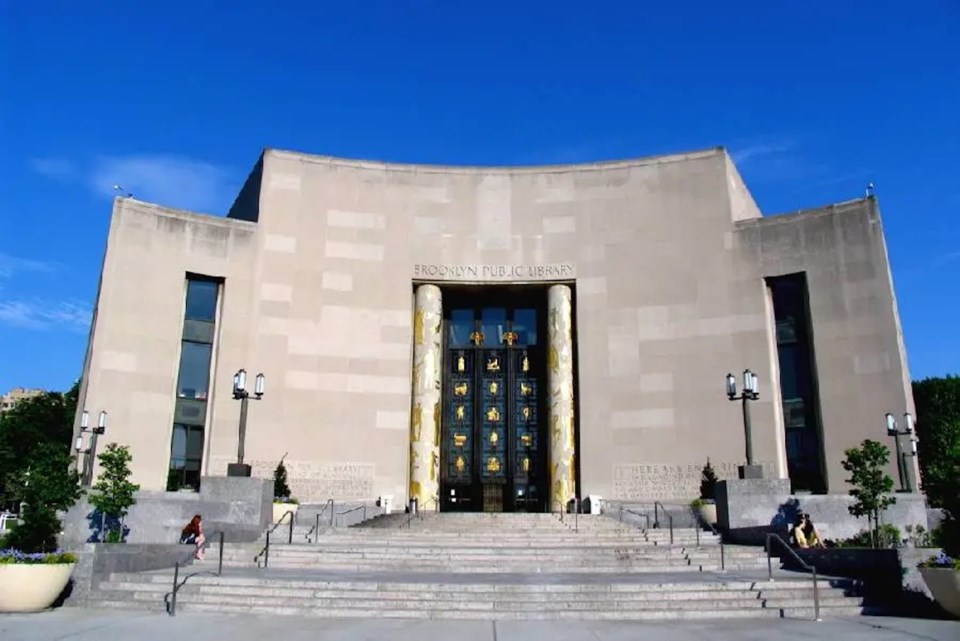The Brooklyn Public Library’s Center for Brooklyn History (CBH) will debut Trace/s: Family History Research and the Legacy of Slavery in Brooklyn, an exhibition examining the profound and often-overlooked influence of slavery on the borough’s history and identity.
The exhibit opens Jan. 30 and runs through August at the Fransioli Gallery, with free admission, according to a press release.
The exhibition highlights the generational legacies of slavery through personal artifacts, historical records and family narratives. It features large-scale portraiture linking two Brooklyn families: Mildred Jones, a great-great-granddaughter of Samuel Anderson, who was enslaved in Flatbush, and John A. Lott, the nephew of Anderson’s enslaver, Jeremiah Lott.
A newly commissioned portrait of Jones by Rusty Zimmerman stands alongside an 1880 portrait of Lott by Thomas Martin Jensen, illustrating the interplay of past and present.
Artifacts on display include rare personal accounts of enslaved individuals in Brooklyn, genealogical records, and art that visualizes the borough’s transformation during and after slavery. The exhibit celebrates the contributions of family historians, researchers, and artists working to uncover and preserve these stories.
"Brooklyn's history of slavery shapes the borough we live in today: its contours, its street names, its economy and culture,” said Dominique Jean-Louis, chief historian at the Center for Brooklyn History. “While this history is rooted in painful inequality, confronting these origins helps us to better understand our contemporary moment."
As part of the exhibition, CBH will host free programming, including genealogy workshops, panel discussions and walking tours, to foster dialogue on history, identity and justice. Educational sessions for students and teachers are also in the line-up.
The exhibition is supported by Dutch Culture USA FUTURE 400 program by the Consulate General of the Netherlands in New York and the Alvin and Fanny B. Thalheimer Foundation. Pauline Genee, Head of Culture for the Kingdom of the Netherlands in the United States, noted the relevance of the exhibition in shedding light on overlooked histories tied to the region's Dutch colonial past. She said the exhibition would enhance the understanding of New York and the borough with "honesty and inclusivity".
For more information on Trace/s and its related programming, visit bklynlibrary.org/exhibitions/traces.




